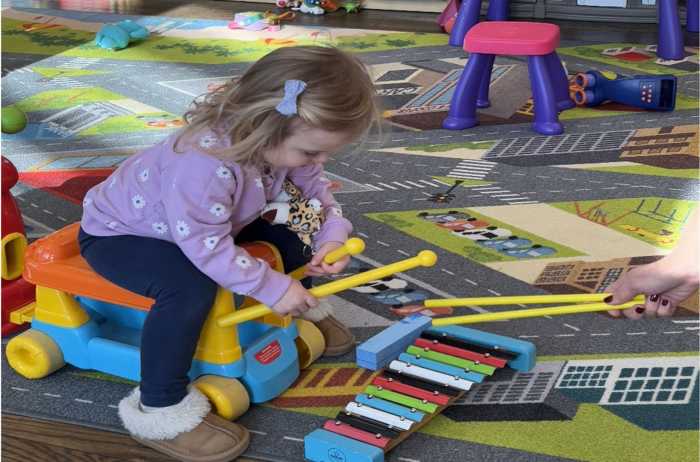
CLICK HERE TO SIGN UP FOR EVENT UPDATES AND MORE!
Great news for Staten Island families of children with intellectual disabilities.
The New York City Department of Education heard our calls and has expanded the Academics, Career, and Essential Skills (ACES) program. The ACES program provides intellectually disabled students, such as those with down syndrome, an opportunity to learn in their local community school. We requested that NYC DOE expand the program to elementary school here on Staten Island.
The first elementary level ACES program will begin this month for the 2019-2020 school year. The expansion came after months of trying to convince the Department of Education to roll the program out in full on Staten Island, where it had only been offered locally to middle and high school students, but not elementary school students.
Public School 58, located at 77 Marsh Avenue, will be the first Staten Island elementary school to offer the ACES program this fall. Previously, parents who wanted to enroll their child in the program would have to be willing to travel to another borough.
The middle school level of the ACES program will also be expanding to Intermediate School 34, located at 528 Academy Avenue, and will continue to be offered at Intermediate School 75, McKee High School, and Wagner High School.
The ACES program is crucially important to the success of students with disabilities, and I am pleased that the Department of Education has decided to expand it so that these students can truly receive the high-quality education they deserve. This would never be possible though without the determination of those student’s parents, and many other parent advocates like them, who fight each day to get their children the best education possible.
ACES Programs provide an opportunity to learn academic, work, and independent living skills in one of New York City’s local community school districts (elementary, middle and high school). The programs support students in learning daily living skills such as building relationships with peers and adults, grocery shopping, learning how to use a bank, etc.
The ACES student profile is identified by the following criteria:
• Students with a mild to moderate intellectual disability
• Academic abilities and skills are significantly below grade level. Students may need additional support when working independently or in groups. Assistive technology devices may be used to support learning and interaction
• Students may have mild to moderate behavior challenges, but no aggressive or self-injurious behaviors. Behavior challenges may interfere with learning and social opportunities. The student’s ability to carry out functional life skills such as grooming, dressing, eating, keeping safe, and socializing (known as adaptive behaviors) will be well below age expected levels. To assess independence and daily living skills, a student’s IEP Team uses an adaptive behavior test. Students with low adaptive behavior scores are often considered for the ACES program
Read Next | Remote Learning Success Tips for Elementary School Students
Program Features
Class Structure: Students in the ACES program attend a District 1-32 school in a smaller class. The number of students in ACES special classes increase as students move from elementary school and middle school to high school.
In Kindergarten through eighth grade, most ACES Programs have up to 12 students in a special class, one special education teacher, and a classroom paraprofessional.
In high school, ACES Programs have up to 15 students and one special education teacher. The program emphasizes inclusive opportunities for students to join the school community and engage with peers who do not have IEPs.
Teachers and support staff are trained in specialized instructional strategies and assessments that support students in learning and applying work and independent living skills at home, in school, and in the community.
ACES Program classes follow the New York State Learning Standards. Principles of Universal Design for Learning (UDL) and essential skill building are a part of the program.
I am grateful to Chancellor Carranza, his staff and our Staten Island Field Support Center and District Office for their partnership in making this a reality.
By Michael Reilly, NYS Assemblyman, former District 31 Community Education Council President and former NYPD Lieutenant.

Read Next | Find Resources for Children with Special Needs




